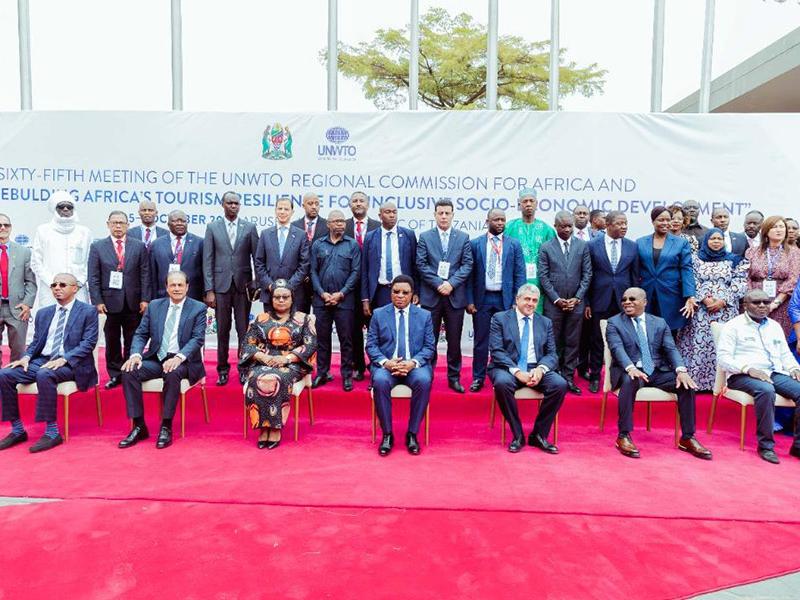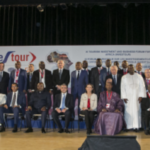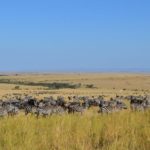
(TAN): Tourism leaders from across Africa came together to rethink the sector and its central role in driving growth and opportunity across the continent, UNWTO said in a news release.
The 65th meeting of the UNWTO Regional Commission for Africa brought together around 25 tourism ministers and high-level representatives from 35 countries as well as leaders from the private sector. Taking place in Tanzania just days after UNWTO celebrated World Tourism Day, the commission meeting embraced that day’s theme of ‘Rethinking Tourism’, with a focus on innovation, branding, jobs and education and partnerships.
[ALSO READ: IATA’s ‘Long Term Aspirational Goal’ is net zero CO2 by 2050]
Welcoming delegates, UNWTO Secretary-General Zurab Pololikashvili provided members with an update of the UNWTO’s activities and accomplishments in the 12 months since the previous commission meeting. He said: “Tourism in Africa has a long history of bouncing back. And it has shown its resilience again. Many destinations are reporting strong arrival numbers. But we must look beyond just the numbers and rethink how tourism works so that our sector can deliver on its unique potential to transform lives, drive sustainable growth and provide opportunity everywhere in Africa.”
According to the latest UNWTO data, for the first seven months of the year, international arrivals across Africa were 171% up on 2021 levels, driven largely by regional demand. To help members capitalize on the sector’s return, and to build greater sustainability and resilience, UNWTO is prioritizing jobs and training alongside greater and more-targeted investment in tourism. On the eve of this week’s meeting, UNWTO launched a set of Investment Guidelines focused on Tanzania, designed to support foreign investment in the country.
[ALSO READ: Experience luxury at the newly opened Shore House at The Del]
Discussions at the conference focused on both the immediate and longer-term recovery of tourism across the continent, including through redefining the roadmap of the UNWTO Agenda for Africa 2030. Key topics highlighted by the high-level participants included accelerating tourism for inclusive growth, advancing the sustainability of the sector and the role of public-private partnerships in achieving both of these goals. Alongside this, the heightened relevance of air connectivity, including low-cost air travel within Africa, as well as the pressing need to support small businesses (SMEs) in gaining the digital tools and knowledge they need to compete, was also discussed.




